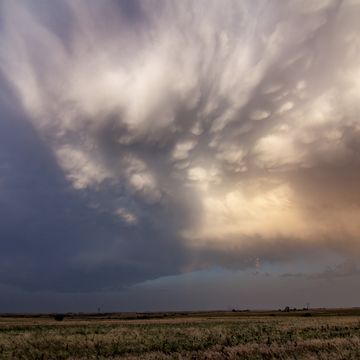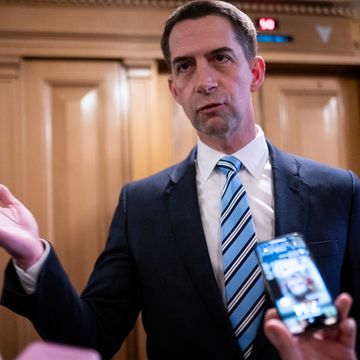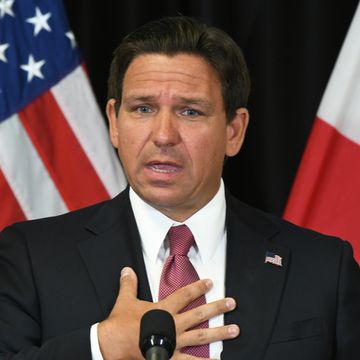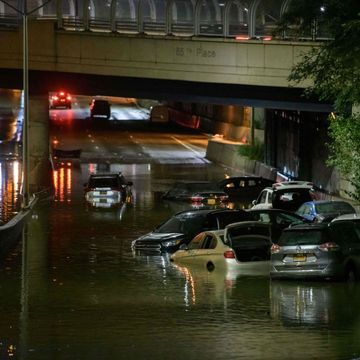(Optional Musical Accompaniment to This Post)
It is now a decade since Hurricane Katrina made landfall, and the neglected levees failed, and New Orleans drowned. Having already largely emptied my bucket on the subject of the anniversary in this month's edition of the magazine–On Newsstands Now! Are there still newsstands?–I was going to give the anniversary a kind of leaving-alone here at the shebeen, but the absurd intervened, as the absurd often will these days.
But Jindal said while the anniversary is a time "to mourn the loss of loved ones, the passing of a period in our history" and "celebrate those whose future has become brighter in the storm's terrible wake," it is "not a place for politics…It is therefore with disappointment that I read of the White House's plans to make this visit part of a tour for your climate change agenda," Jindal wrote. "I understand that your emphasis in New Orleans will – rightly – be an economic development, the temptation to stray into climate change politics should be resisted…While you and others may be of the opinion that we can legislate away hurricanes with higher taxes, business regulations and EPA power grabs, that is not a view shared by many Louisianans."
Just shoot me now.
Climate change is not "politics." Climate change is going to continue to happen whether "Bobby" Jindal finishes eighth or ninth in Iowa. Politics is how the levees were neglected. Politics is how the crisis of climate change is being neglected just as badly today. While Jindal was determining that the way to stop hurricanes was building an impenetrable wall of political banality, there came a series of reports that demonstrated that, if New Orleans is to survive, its basic physical contours have to change radically. This, of course, was something that people were warning about for decades.
But the real culprit when the tropical cyclone made landfall was outside the city. Thousands of square miles of wetland marshes and swamps that had once provided a buffer between the city's coastline and the ocean had been badly tattered from decades of human damage. Thick, robust wetlands would have absorbed much of the surge of water that Katrina pushed up from the Gulf of Mexico. But levees had starved the wetlands of needed nutrients, making plants weak, and thousands of miles of manmade canals had torn the vegetation apart, allowing Katrina's onrushing storm surge to flow right into New Orleans.
EPA power grabs!
What a maroon.
Anyway, so what is there to do?
Three international engineering and design teams have reached a startling answer: leave the mouth of the Mississippi River to die. Let the badly failing wetlands there completely wither away, becoming open water, so that the upper parts of the delta closer to the city can be saved. The teams, winners of the Changing Course Design Competition, revealed their detailed plans on August 20.
What Jindal and his fellow maroons don't understand is something that climate scientists have been warning the world about for years now. There are points of no return. There are points at which environmental degradation becomes so severe that there is no coming back from it, and the only solution is how best to contain the damage.
Silt carries nutrients that grasses and mangroves need to stay lush, and it provides new material to build up the soft substrate beneath those plants, which subsides naturally under its own weight. Incoming freshwater mixes with the delta's saltwater to create the reduced salinity required by the region's vegetation. This soup also prevents pure ocean water from intruding further inland, which kills grasses and trees from the roots up. Instead, hundreds of miles of navigation channels, cut by the Corps for more than half a century through the wetlands have torn the wetlands apart from within. So have thousands more miles cut by industry during the same period to build and maintain oil and gas pipelines running in from the Gulf.
Unfortunately, there does not seem to be the political will in Louisiana, and there certainly does not seem to be the political will in its current governor, for a project of this magnitude. That's how the environment gets "politicized." That's how it is destroyed. By politics.

Charles P Pierce is the author of four books, most recently Idiot America, and has been a working journalist since 1976. He lives near Boston and has three children.













